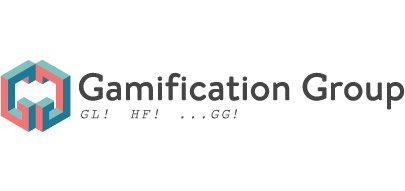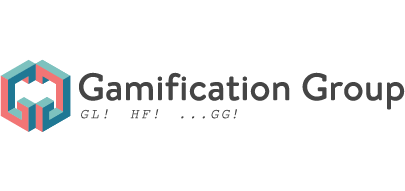Gamified crowdsourcing: Conceptualization, literature review, and future agenda

Image Source: https://www.stockvault.net/photo/174795/social-media-network—world-map
Two parallel phenomena are gaining attention in human–computer interaction research: gamification and crowdsourcing. Because crowdsourcing’s success depends on a mass of motivated crowdsourcees, crowdsourcing platforms have increasingly been imbued with motivational design features borrowed from games; a practice often called gamification. While the body of literature and knowledge of the phenomenon have begun to accumulate, we still lack a comprehensive and systematic understanding of conceptual foundations, knowledge of how gamification is used in crowdsourcing, and whether it is effective. We first provide a conceptual framework for gamified crowdsourcing systems in order to understand and conceptualize the key aspects of the phenomenon.
The primary contribution of the paper is a systematic literature review of 110 papers that investigates how gamification is being studied and implemented in crowdsourcing research. Specifically, we review the use of different forms of gamification in different types of crowdsourcing, as well as the interplay of gamification and monetary rewards, the types of work being crowdsourced, the types of crowdsourced, the domains where gamification in crowdsourcing have been applied, and empirical results of studies on the effectiveness of gamification in crowdsourcing. This meticulous mapping enables us to 1) infer what kinds of gamification efforts are effective in different kinds of crowdsourcing approaches, 2) derive recommendations for designers of gamified crowdsourcing systems, and 3) outline a research agenda for future research. This meticulous mapping, which focuses on all aspects in our framework, enables us to infer what kinds of gamification efforts are effective in different crowdsourcing approaches as well as to point to a number of research gaps and lay out future research directions for gamified crowdsourcing systems. Overall, the results indicate that gamification has been an effective approach for increasing crowdsourcing participation and the quality of the crowdsourced work; however, differences exist between different types of crowdsourcing: the research conducted in the context of crowdsourcing of homogenous tasks has most commonly used simple gamification implementations, such as points and leaderboards, whereas crowdsourcing implementations that seek diverse and creative contributions employ gamification with a richer set of mechanics.
Please see the paper for full details:
Journal: http://dx.doi.org/10.1016/j.ijhcs.2017.04.005
Citation: Morschheuser, B., Hamari, J., Koivisto, J., & Maedche, A. (2017). Gamified crowdsourcing: Conceptualization, literature review, and future agenda. International Journal of Human-Computer Studies, 106, 26-43. doi:10.1016/j.ijhcs.2017.04.005
Authors
Benedikt Morschheuser
Institute of Information System and Marketing, Karlsruhe Institute of Technology, Germany
Corporate Research, Robert Bosch GmbH, Germany
Juho Hamari
Gamification Group, Tampere University of Technology, Finland
Gamification Group, University of Turku, Finland
@VirtualEconomy
Jonna Koivisto
Gamification Group, Tampere University of Technology, Finland
Alexander Maedche
Institute of Information System and Marketing, Karlsruhe Institute of Technology, Germany




Sorry, the comment form is closed at this time.